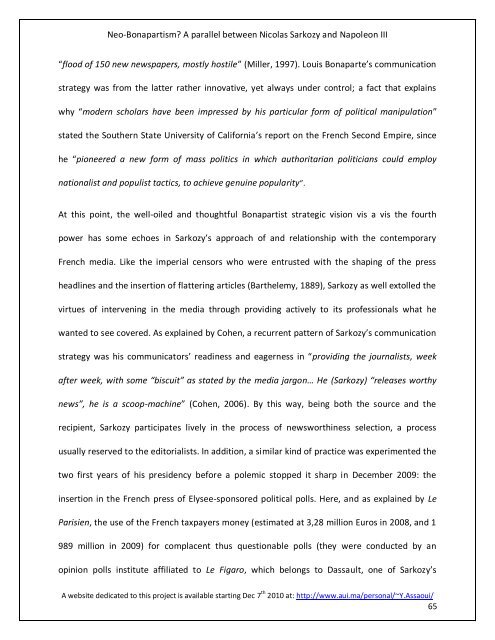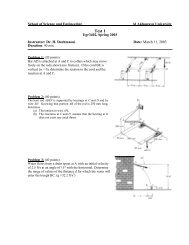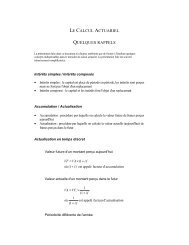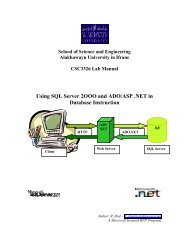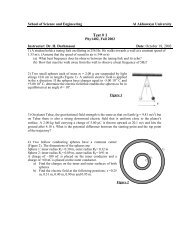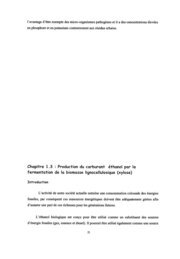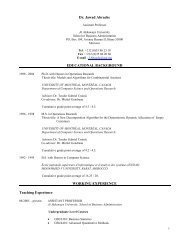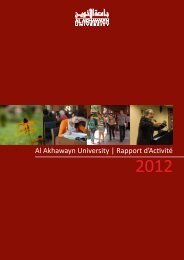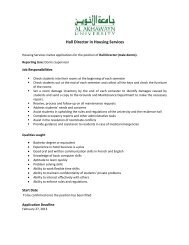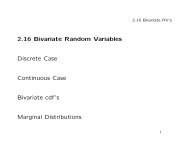Neo-Bonapartism? A parallel between Nicolas Sarkozy and ...
Neo-Bonapartism? A parallel between Nicolas Sarkozy and ...
Neo-Bonapartism? A parallel between Nicolas Sarkozy and ...
You also want an ePaper? Increase the reach of your titles
YUMPU automatically turns print PDFs into web optimized ePapers that Google loves.
<strong>Neo</strong>-<strong>Bonapartism</strong>? A <strong>parallel</strong> <strong>between</strong> <strong>Nicolas</strong> <strong>Sarkozy</strong> <strong>and</strong> Napoleon III<br />
“flood of 150 new newspapers, mostly hostile” (Miller, 1997). Louis Bonaparte’s communication<br />
strategy was from the latter rather innovative, yet always under control; a fact that explains<br />
why “modern scholars have been impressed by his particular form of political manipulation”<br />
stated the Southern State University of California’s report on the French Second Empire, since<br />
he “pioneered a new form of mass politics in which authoritarian politicians could employ<br />
nationalist <strong>and</strong> populist tactics, to achieve genuine popularity”.<br />
At this point, the well-oiled <strong>and</strong> thoughtful Bonapartist strategic vision vis a vis the fourth<br />
power has some echoes in <strong>Sarkozy</strong>’s approach of <strong>and</strong> relationship with the contemporary<br />
French media. Like the imperial censors who were entrusted with the shaping of the press<br />
headlines <strong>and</strong> the insertion of flattering articles (Barthelemy, 1889), <strong>Sarkozy</strong> as well extolled the<br />
virtues of intervening in the media through providing actively to its professionals what he<br />
wanted to see covered. As explained by Cohen, a recurrent pattern of <strong>Sarkozy</strong>’s communication<br />
strategy was his communicators’ readiness <strong>and</strong> eagerness in “providing the journalists, week<br />
after week, with some “biscuit” as stated by the media jargon… He (<strong>Sarkozy</strong>) “releases worthy<br />
news”, he is a scoop-machine” (Cohen, 2006). By this way, being both the source <strong>and</strong> the<br />
recipient, <strong>Sarkozy</strong> participates lively in the process of newsworthiness selection, a process<br />
usually reserved to the editorialists. In addition, a similar kind of practice was experimented the<br />
two first years of his presidency before a polemic stopped it sharp in December 2009: the<br />
insertion in the French press of Elysee-sponsored political polls. Here, <strong>and</strong> as explained by Le<br />
Parisien, the use of the French taxpayers money (estimated at 3,28 million Euros in 2008, <strong>and</strong> 1<br />
989 million in 2009) for complacent thus questionable polls (they were conducted by an<br />
opinion polls institute affiliated to Le Figaro, which belongs to Dassault, one of <strong>Sarkozy</strong>’s<br />
A website dedicated to this project is available starting Dec 7 th 2010 at: http://www.aui.ma/personal/~Y.Assaoui/<br />
65


